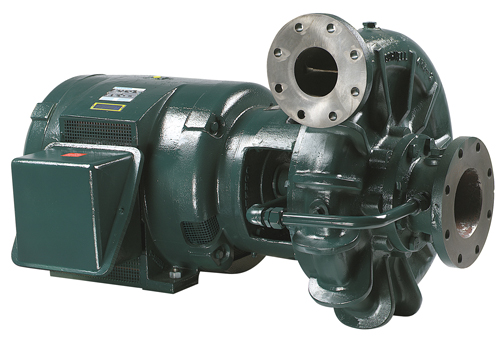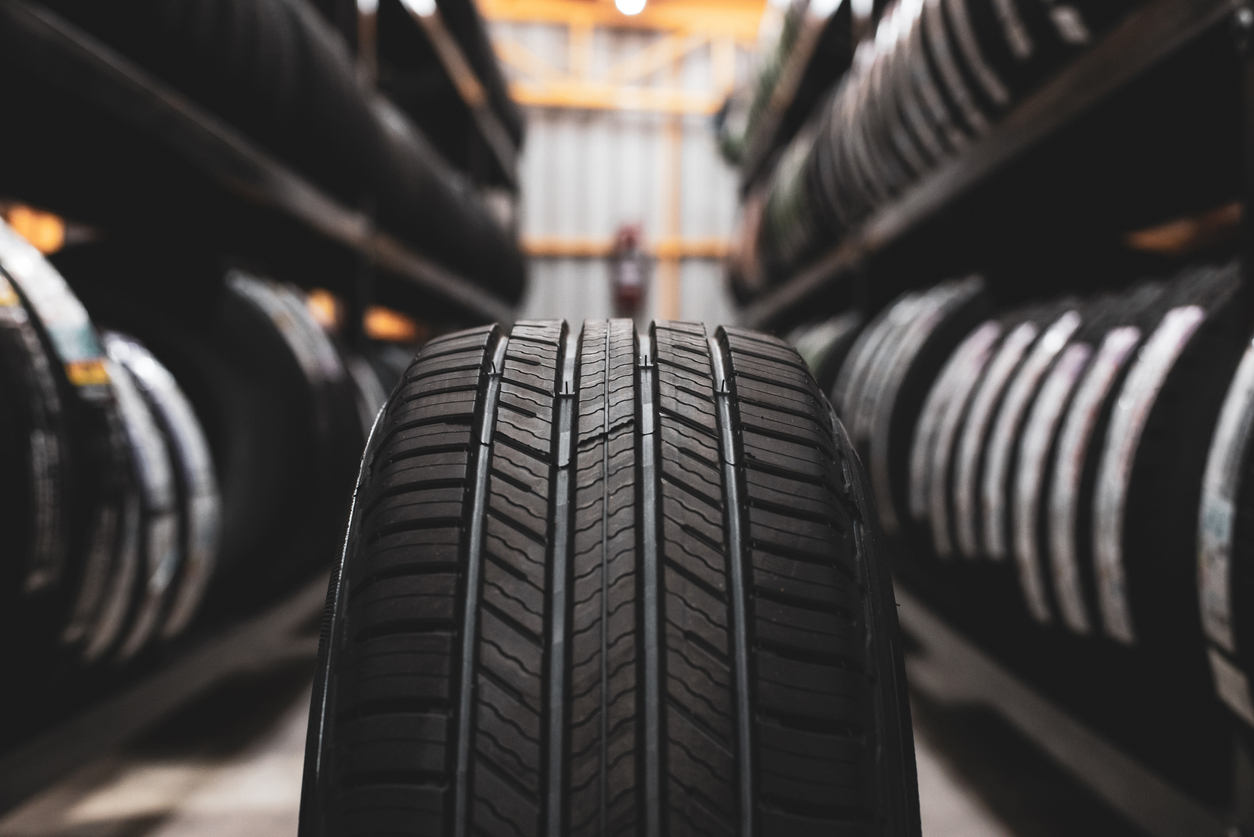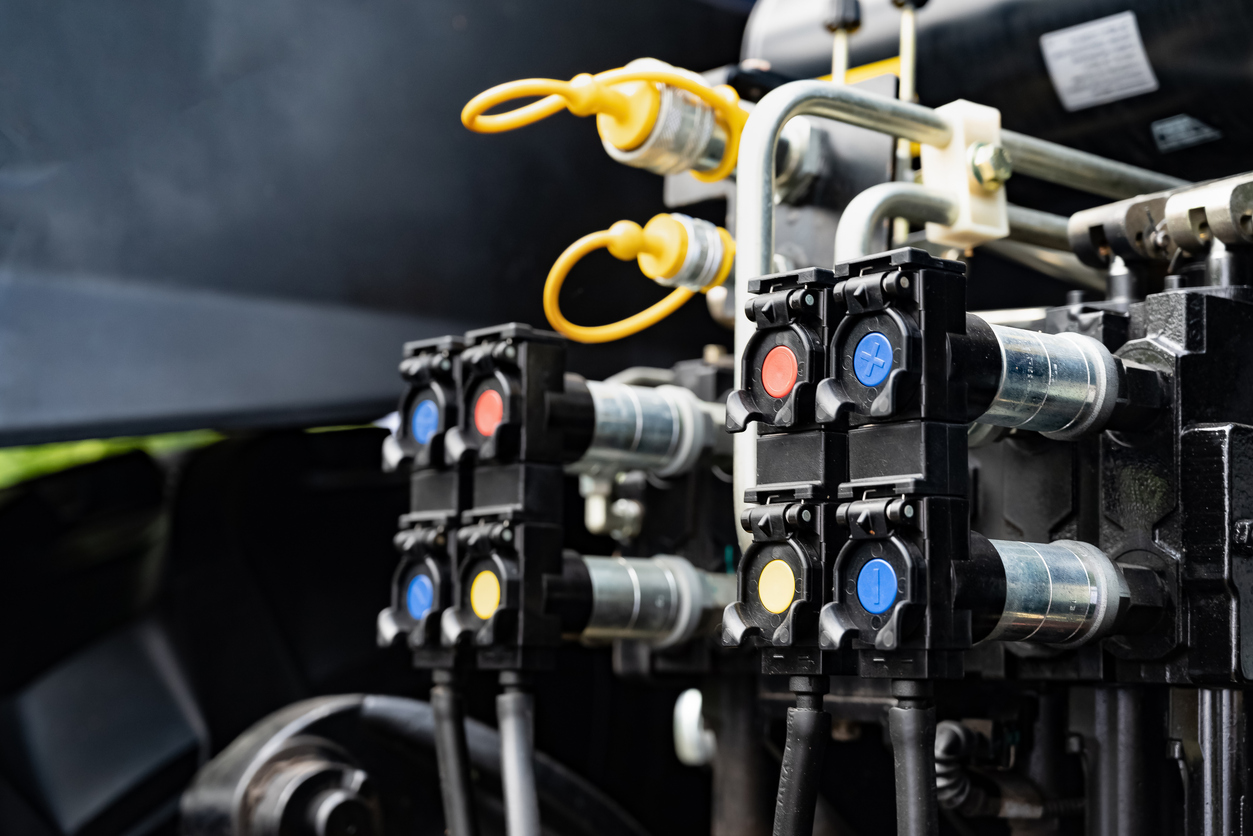How to Export Liquid Pumps from Nigeria: A Step-by-Step Guide
How to Export Liquid Pumps from Nigeria: A Step-by-Step Guide
With the implementation of the free trade agreement between Nigeria and the European Union, export of liquid pumps has become a lucrative business. The implementation of this agreement will increase liquidity in the Nigerian economy, which will provide the opportunity to invest in liquid pumps, which is currently one of Nigeria’s most promising sectors.
This article will provide guidance on how to export liquid pumps from Nigeria.
What are liquid pumps?
Liquid pumps are a type of pump which is designed to pump liquids from one container into another container. Liquid pumps can also be used to pump liquids from a container into a pipe.
In order to export liquid pumps from Nigeria, you will need to register with the Nigerian Export Promotion Council (NEPC). NEPC will provide you with the necessary documentation required for the export. NEPC will also help you identify potential buyers in the EU, which is where your liquid pumps will be exported to.
To export liquid pumps, you will need to perform the following steps:
1) Find out what type of liquid pump you want to export
2) Register with the Nigerian Export Promotion Council (NEPC)
3) Fill out NEPC’s export form
4) Prepare the liquid pumps for shipping
5) Arrange for shipping
6) Proceed with customs clearance in Nigeria
7) Export the liquid pumps
8) Receive payment for your exported product
9) Claim tax exemption on exported products
10) Wait for NEPC to confirm that your product has been delivered successfully to the buyer.
How to export liquid pumps from Nigeria
Liquid pumps are used in a variety of processes, including mining, drilling, and petroleum production. For this reason, the demand for liquid pumps is expected to increase in Nigeria, especially with the implementation of the European Union Free Trade Agreement.
Getting started with the export of liquid pumps requires an understanding of the Nigerian market. The first step is to do research to find out what type of liquid pumps are best suited for the Nigerian market. The best way to do this is to work with a Nigerian business that specializes in this type of pump.
Second, you need to do a survey of Nigerian manufacturers and suppliers. This will provide you with a list of potential customers that you can then approach. You can communicate the advantages of your product and service and negotiate prices.
Finally, you will have to submit an application for export license from the Nigerian Trade Promotion Council. This is a one-time fee that will provide you with the legal right to import or export goods from Nigeria for five years. You can then proceed with exporting your liquid pumps from Nigeria!
Who can export liquid pumps from Nigeria?
To export liquid pumps from Nigeria, you need to be registered with the Nigerian Customs Service. You should also have a Nigerian Exporter Code and a valid Tax Identification Number (TIN). You need to be a manufacturer or a trading company that deals with liquid pumps.
You should also be aware of what you can and cannot export from Nigeria. The European Union has implemented a list of items that cannot be exported from Nigeria, including:
– Wooden furniture
– Used clothing
– Carpets
– Used machines
– Used shoes
– VCRs
– CDs
– DVDs
– Electronics
– Firearms and ammunition
– Plants and seeds
– Live animals
– Raw meat and poultry
How do I get a permit to export liquid pumps from Nigeria?
The procedure to obtain a permit to export liquid pumps from Nigeria is as follows:
The company must submit a complete application form to the Nigerian Bureau of Foreign Trade.
The Nigerian Bureau of Foreign Trade will then conduct a search with its records to determine if you have been granted a permit to export liquid pumps from Nigeria before.
In the event that you have been granted a permit before, the Nigerian Bureau of Foreign Trade will process your application and issue a permit if all requirements are met.
If you have not been granted a permit before, the Nigerian Bureau of Foreign Trade will process your application and issue a permit if all requirements are met
What documents need to be submitted for the issuance of a permit to export liquid pumps from Nigeria?
To export liquid pumps from Nigeria, the following documents are required:
-Letter of Request for Importation/Exportation of Liquid Pumps
-Letter of Request for Issuance of Permit to Import/Export Liquid Pumps
-Letter of Notification of Intention to Import/Export Liquid Pumps
-Letter of Explanation of Intended Action
-Letter of Determination
-Letter of Indication of Action to be Taken
What are the requirements for exporting liquid pumps from Nigeria?
The first step towards exporting liquid pumps from Nigeria is to register as a Nigerian company. In order to do this, you will need to provide a certificate of incorporation, a certified copy of certificate of commencement of business, and a copy of the Memorandum and Articles of Association.
In addition, you will need to provide a certificate from the Corporate Affairs Commission that confirms your company is registered. You will also need a letter from your company’s auditor confirming the date the company was incorporated and the date of commencement of business.
In order to export liquid pumps from Nigeria, you will need a Nigerian importer certificate. This certificate is typically provided by the National Agency for Food and Drug Administration and Control (NAFDAC).
Exporting liquid pumps from Nigeria also requires a customs license, which is obtained from the Nigerian Customs Service. You will also need a Nigerian Exporter Certificate of Origin, which can be obtained from the International Trade Center of Nigeria, among other places.
In order to export liquid pumps from Nigeria, you will also need to ensure that your product meets the standards set by the National Agency for Food and Drug Administration and Control (NAFDAC) and other relevant Nigerian authorities.
Conclusion
This article has provided a step-by-step guide on how to export liquid pumps from Nigeria. Liquid pumps are a profitable export commodity and will continue to play a prominent role in Nigeria’s economy. By following the steps outlined in the article, you should be able to export liquid pumps from Nigeria, and prosper.








LEAVE A COMMENT
You must be logged in to post a comment.